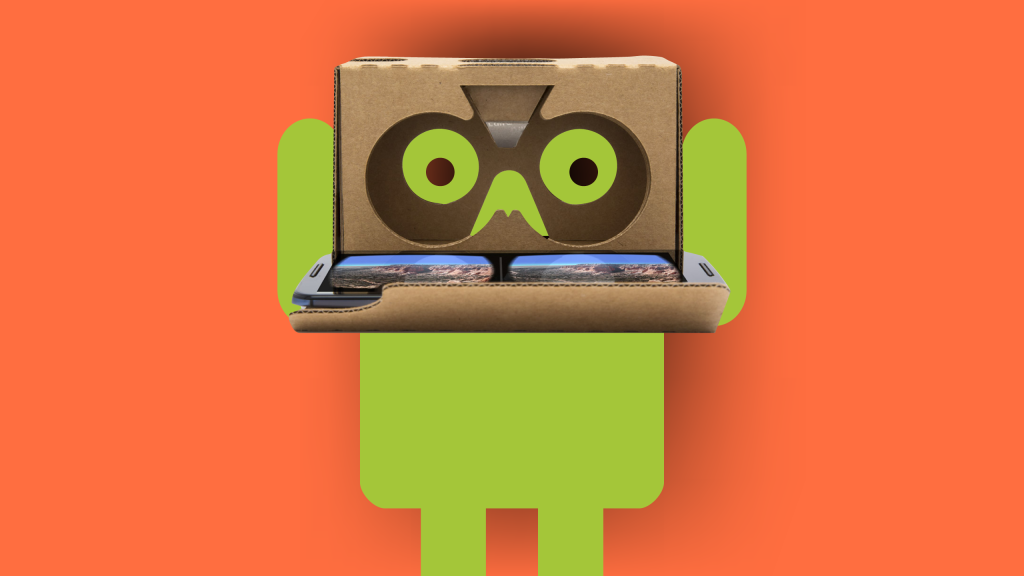
It’s been widely reported this week IBM and Namco Bandai have partnered up to create a VR game using Sword Art Online as it’s that the recently announced Sword Art Online: The Beginning is an actual virtual reality MMO game that’s in development, sponsored by IBM Watson, and that 208 lucky people selected to participate in an event in Tokyo in March will see a glimpse of the game’s “Alpha”.
Road to VR, a major source of VR news, wrote an op-ed piece examining the announcement made about the new collaboration between IBM and Namco Bandai. They point out several facts that lead them to concluded that Sword Art Online: The Beginning as a 20 minute VR marketing demo. It is a neat marketing stunt for both IBM Watson and the Sword Art Online anime/manga/movie.
1) Sword Art Online: The Beginning was announced as an ‘Alpha’ that is referenced is not an ‘Alpha’ in the game design sense. It is an “Alpha” in the fictional sense since the Manga and Light Novel set the fictional characters in a 'Beta' Version of the SAO world.
2)It is said that a certain Dr. Akihiko Kayaba has met with an IBM Researcher who, through Watson, have made the ‘Alpha’ possible. Dr. Kayaba, however is not a real person, he is a character in Sword Art Online who, inside the show, creates Sword Art World and the fictional NerveGear VR system.
3) The experience is not being created by a game design studio, but instead it’s being developed by an independent creative agency (with the very confusing name of 1→10), which has previously created a VR marketing experience for Pepsi.
4) Road to VR spoke with Shun Kubota, Editor in Chief of Mogura VR, the leading virtual reality publication in Japan. He confirmed that the marketing concept behind Sword Art Online: The Beginning is to show “what it would be like when the cognitive computing IBM is developing is used in future gaming technology.”
“So it is not actually a real game in development, it is just a marketing experience to show off VR, Watson, and Sword Art Online?” I asked. “Exactly,” Kubota told Road to VR.
We at GeekBytesPodcast are disappointed to too.




























































